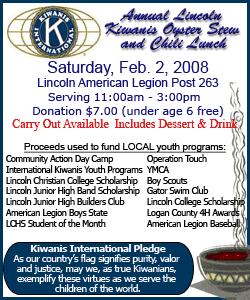| |||||||||
| |||||||||
"Israel clearly will not reconcile itself to a nuclear Iran," the meeting participant quoted Olmert as telling the Foreign Affairs and Defense Committee. "All options that prevent Iran from gaining nuclear capabilities are legitimate within the context of how to grapple with this matter."
The meeting participant spoke on condition of anonymity because the session was closed.
Olmert addressed the panel days after discussing Iran's nuclear ambitions in talks with President Bush in Jerusalem.
During that visit, Israeli officials disputed the recently released conclusions of a U.S. National Intelligence Estimate that concluded Iran halted its nuclear weapons program in 2003.

In Jerusalem, Bush declared that Iran remained "a threat to world peace," but reasserted his commitment to trying to resolve the standoff over Iran's nuclear program diplomatically.
Israel, which sent warplanes in 1981 to demolish an unfinished nuclear reactor in Iraq, advocates a diplomatic solution to the Iranian standoff as well. But in his comments to the parliamentary committee, Olmert said: "It's clear that Israel won't reconcile itself to a nuclear Iran. We reject no options a priori."
Israel considers Iran to be its most dangerous enemy and rejects Tehran's insistence that has only a peaceful nuclear program designed to produce energy for civilian uses. Iranian President Mahmoud Ahmadinejad has called for the dissolution of the Jewish state. Iran possesses long-range missiles that are capable of striking Israel and can be fitted with nuclear warheads.
Meir Javedanfar, an Israel-based Iran analyst, said Olmert refused to rule out a military option "in order to increase the urgency to find a diplomatic solution." "I think this is Prime Minister Ehud Olmert's way of making sure that the international community stays alert on the Iranian nuclear issues," Javedanfar said. "The concern in Israel is that after the NIE report, the world is just going to sit and watch Iran continue with its nuclear weapons program." Two sets of U.N. sanctions have failed to push Iran to abandon its enrichment of uranium, a process that could also be used to develop fissile material for a warhead.
Although Israel successfully knocked out Iraq's nuclear program with a single airstrike 26 years ago, any attack on Iran's nuclear program would be more complicated because its facilities are scattered, with some hidden underground. Such an attack would also almost certainly unleash an Iranian reprisal against Israel, U.S. forces in the Persian Gulf or both.
[Associated Press; By LAURIE COPANS]
Copyright 2007 The Associated Press. All rights reserved. This
material may not be published, broadcast, rewritten or
redistributed.

News | Sports | Business | Rural Review | Teaching & Learning | Home and Family | Tourism | Obituaries
Community |
Perspectives
|
Law & Courts |
Leisure Time
|
Spiritual Life |
Health & Fitness |
Teen Scene
Calendar
|
Letters to the Editor